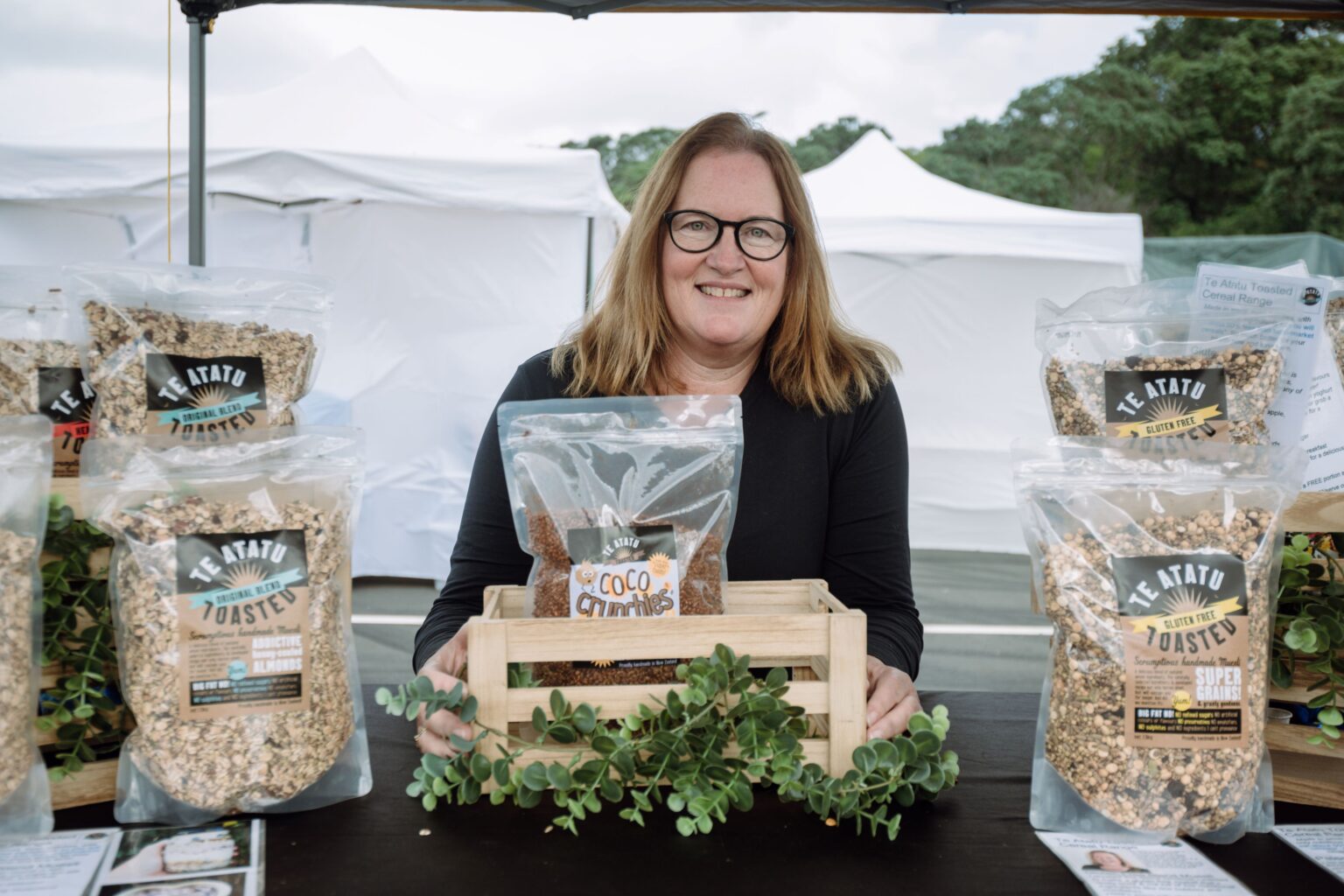COVID-19 has prompted many businesses that have previously relied on face-to-face transactions to move more online. Here are five key things some small business owners suggest you’ll need to achieve online delivery success.
1. Set up online with an ecommerce platform
Getting online generally means creating a website that can accept payments, and which showcases who you are and what you sell.
Thankfully, this can be done fairly quickly. Interior designer Laura Heynike used the COVID-19 lockdown to build a new online consulting business called Clkspace in just one week.
There are a range of ecommerce platforms to help you start trading online quickly, such as Shopify. A new local platform is Swiftly, which uses AWS infrastructure and is specifically aimed to assist Kiwi businesses impacted by COVID-19.
2. Maintain customer relationships
“It’s very easy to feel like you’re a step removed from your customer because it’s a digital interaction,” says Ben Rennell, owner of Feed My Furbaby.
But online doesn’t need to be impersonal – it might just require a bit more effort to bridge the digital divide.
Rennell says his business relies heavily on:
- Personalisation: addressing customers by name in all communications.
- Regular communication: “A lot of people shy away from EDMs (electronic direct mail) – they think they might be annoying people. But if you have a community of people who are interested in what you’re talking about, I think they are happy to hear from you,” he says. This is in addition to having active social media channels.
- Understanding the customers’ needs: knowing this helps you add extra value. Feed My Furbaby, for instance, includes recipes for homemade pet meals if a customer is likely to run out of food before their next order arrives.
Software providers such as MailChimp and Campaign Monitor can help to automate and schedule email-based communications, including populating the relevant customer details.
3. Optimise packing and shipping
A make or break for online retailers can be fulfilment: getting the right order to the right customer. Again, this is where software providers can be useful, as many include product fulfilment and inventory capabilities.
Ecommerce businesses should also be conscious of packaging: some consumers are increasingly focused on sustainability, while the weight of product packaging will impact shipping costs.
Rennell explains that bundling multiple purchases into one shipment can save on both and reduce the number of couriers fronting customers.
He also urges all businesses to regularly review shipping costs compared to goods sold – a hard-learned lesson after an error in the shipping code caused his costs to balloon threefold by reverting to overnight shipping.
4. Delivery options
There are plenty of delivery options to choose from, depending on both your budget and product.
New Zealand Post and courier companies have options based on weight and speed of delivery, while services such as Shippit offer price comparisons across multiple couriers.
Or for localised deliveries, some small businesses like The Little Bone Broth Company deliver orders themselves, with the added bonus of retaining a personal connection with their customers.
Beware that there are a range of prohibited goods that can’t be sent via traditional services. Others may have some restrictions, such as jewellery, watches and artworks.
Alternatively, some businesses operate a click-and-collect service, where customers pre-order goods online for pick-up.
“We’ve seen some of our most successful stores change their schedules completely – especially cafes and bakeries,” explains Swiftly co-founder, Matt Weston.
“Where they’d normally be open for the work-week rush, they’ve moved to being open for a few days over the weekend only. This has allowed them to have full order books for a few days a week – taking pre-orders online in advance to make click and collect possible,” he says.
5. You’re not alone
Perhaps the most important thing to remember is that thousands of local Kiwi businesses are already successfully trading online – not to mention the millions more overseas.
As such, it can be valuable to tap into their insights and ask them for help, because they have probably already solved any problem you’re currently facing.
“Get good mentors,” urges Feed My Furbaby’s Rennell.
“That’s something that has really turbo boosted our business: having good people outside your business that you can talk to and learn from.”
Sign up to the Prospa Blog newsletter to learn how other small businesses are moving forward post the COVID-19 lockdown.




